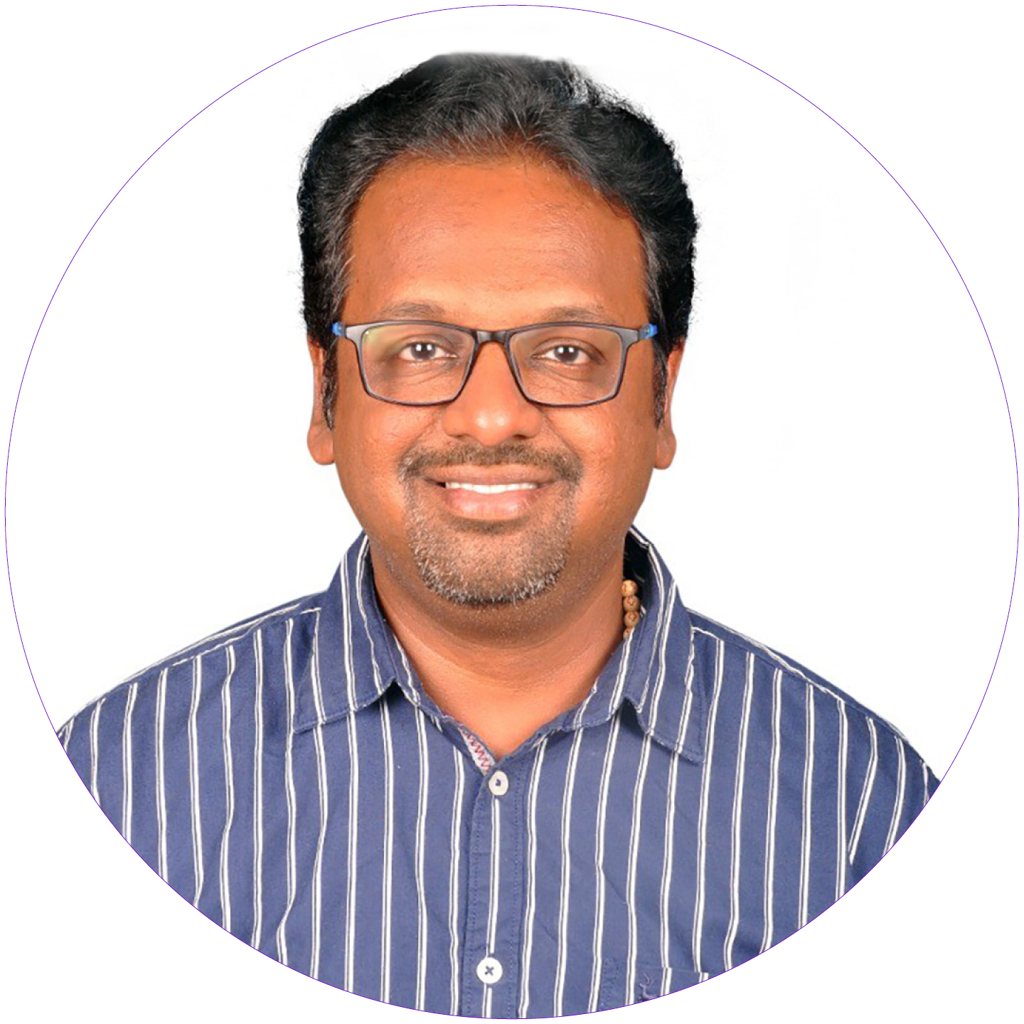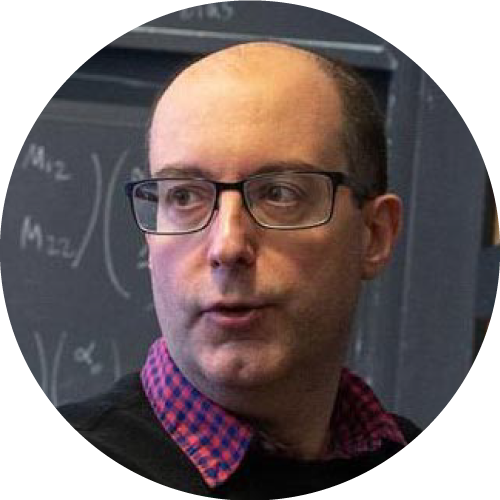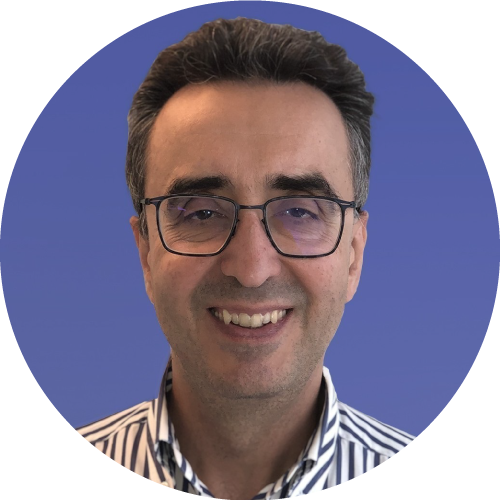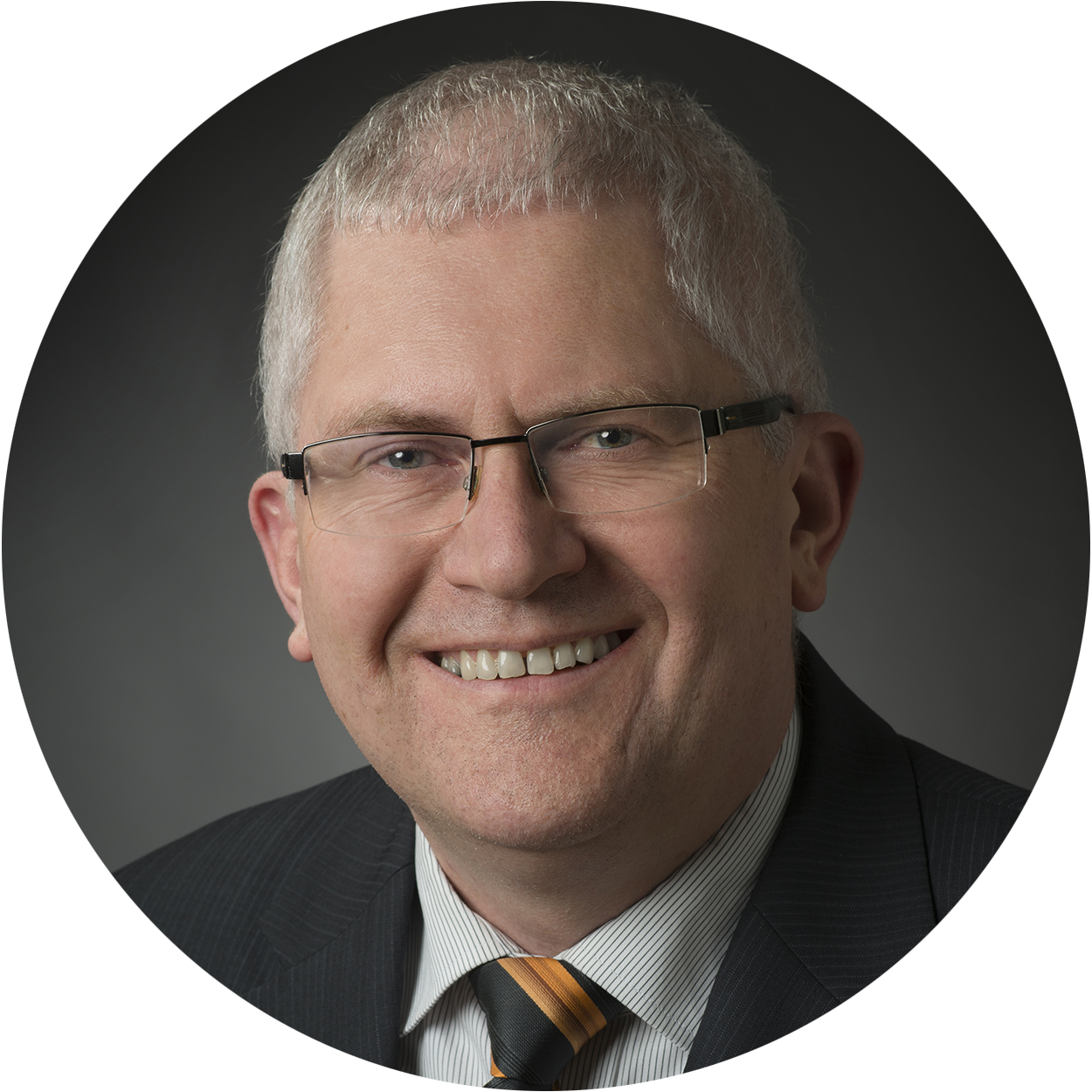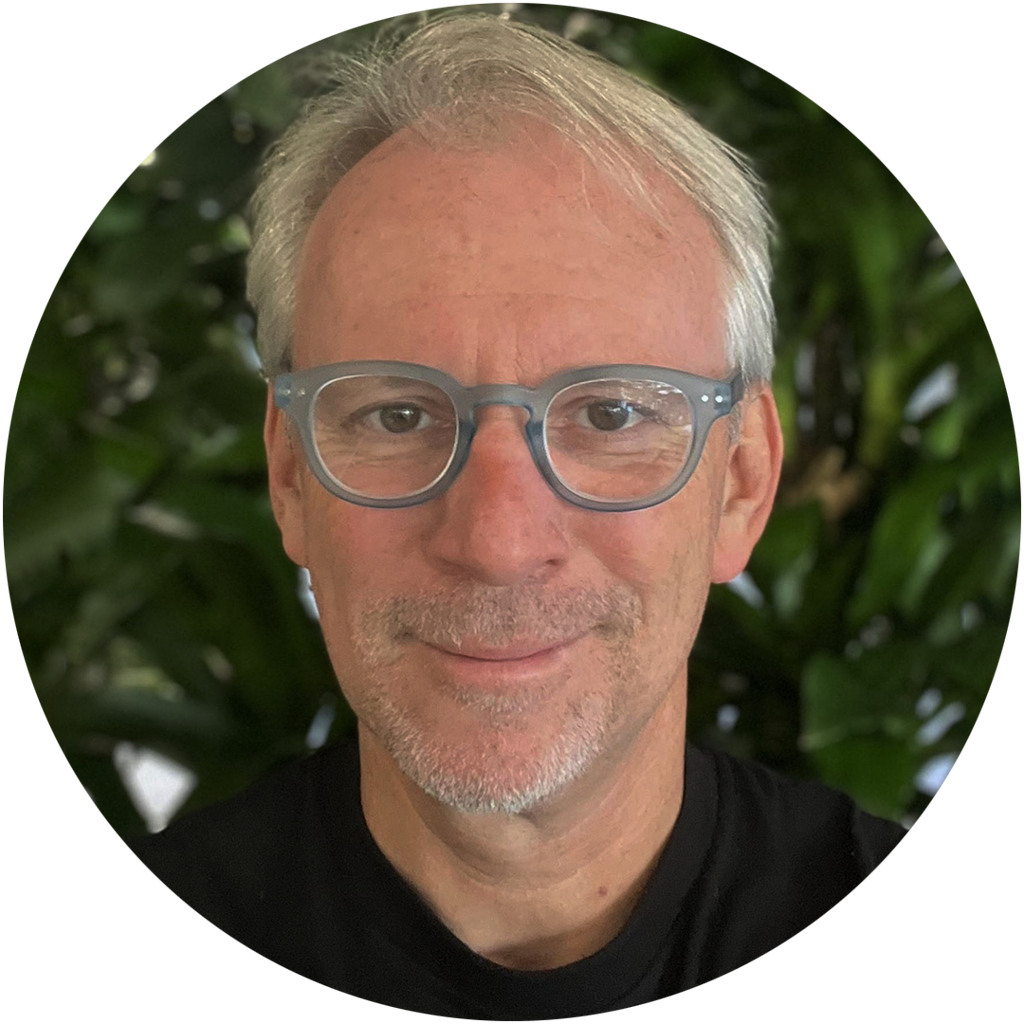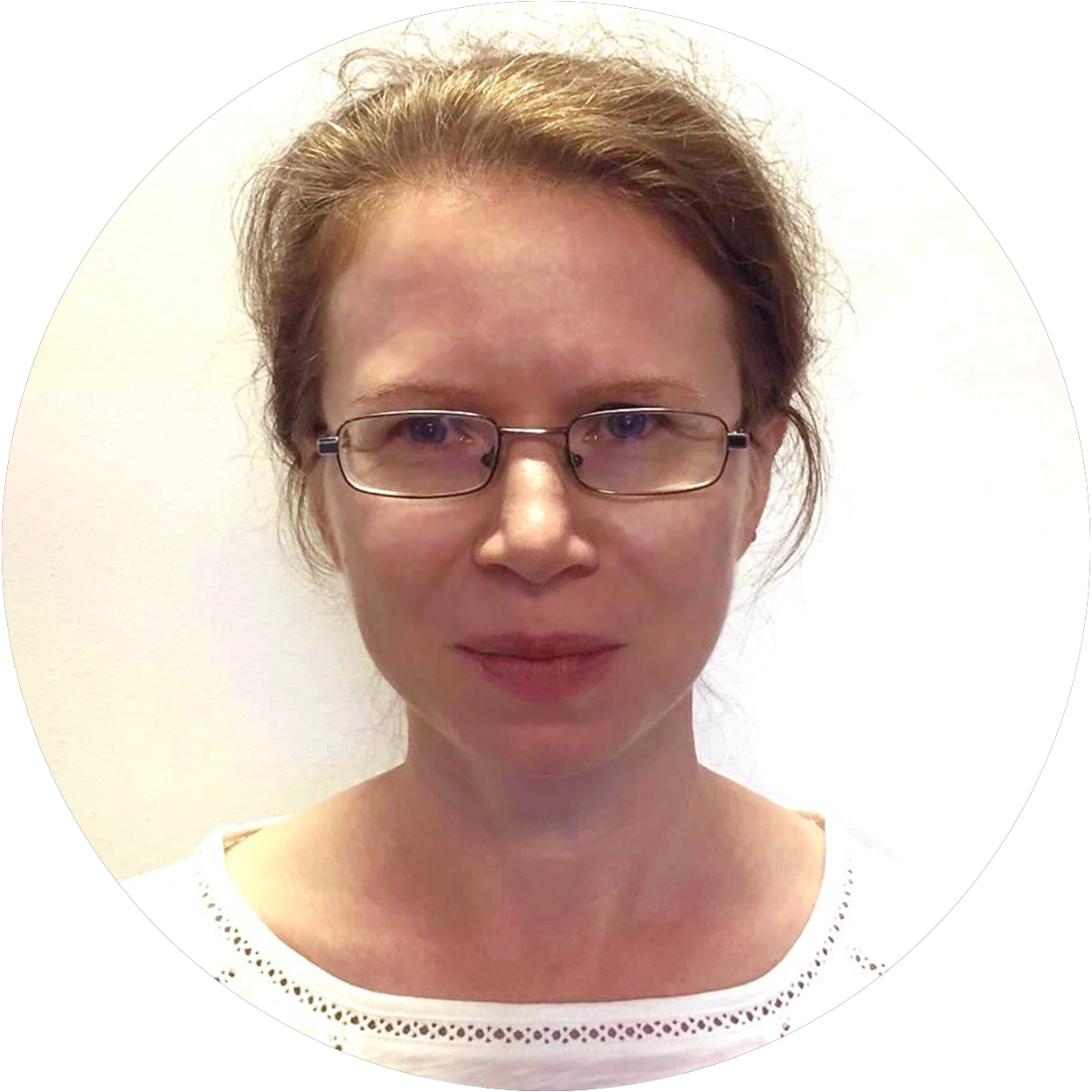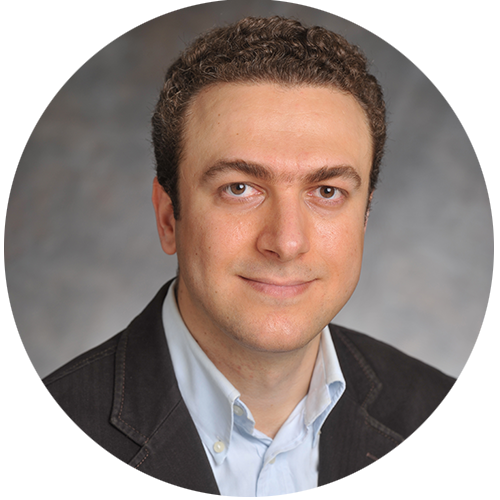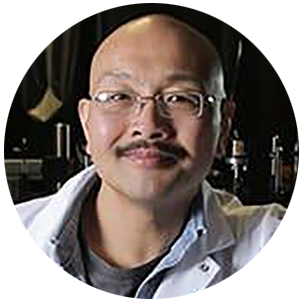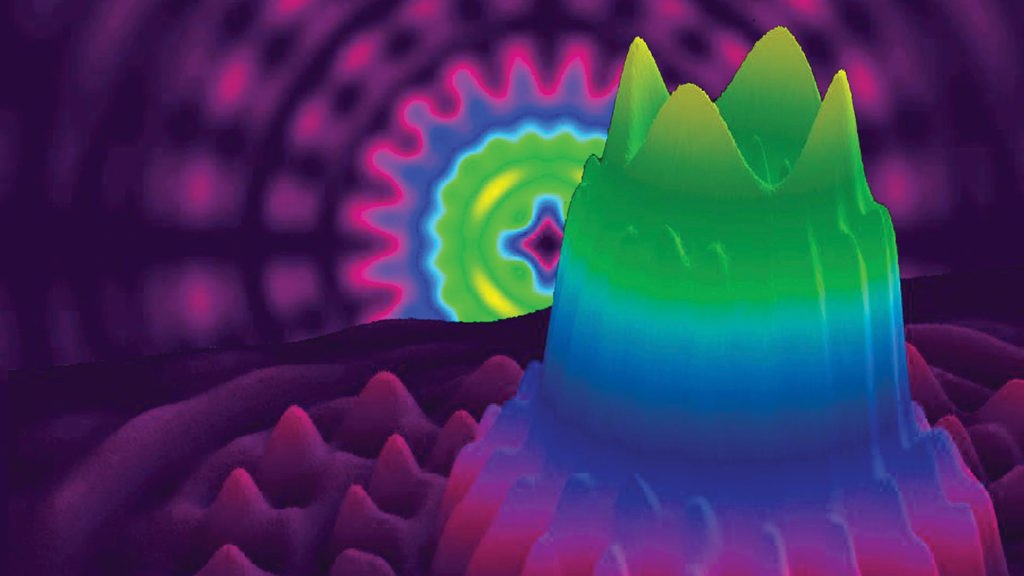
03 - 06 June, 2024
Mec Paestum Hotel
Capaccio Paestum, Italy
Plenary, Tutorial and Keynote Speakers
Vijayakumar Anand
Keynote: Historical Development of Coded Aperture Correlation Holography
Coded aperture correlation holography (COACH) was developed in 2016 by connecting two research areas: coded aperture imaging and incoherent digital holography. Here, we review the history and recent developments of COACH beyond the state of the art.
About the Speaker
Vijayakumar Anand is ERA Chair Holder and Associate Professor of Computational Imaging at the Institute of Physics, University of Tartu, Estonia. He is an adjunct associate professor at the Optical Sciences Center, Swinburne University of Technology, Australia. He is an editorial member of Optica’s Chinese Optics Letters and Applied Optics and Nature Springer Applied Physics B. He has published more than 170 research articles, conference proceedings, book chapters and books. He is the principal investigator of an EU Horizon 2020 grant and a co-investigator of a Discovery Grant from the Australian Research Council. His research interests include diffractive optics, incoherent digital holography, computational imaging, infrared imaging and microfabrication.
George Barbastathis
Keynote: Image or Far? Quantifying Complex Processes from Speckle in Space and Time
Numerous processes, from pharmaceutical manufacturing to blood perfusion in the retina, may be described as complex multi-phase flows. We discuss various strategies for using laser speckle to quantify them non-invasively and at high speed.
About the Speaker
George Barbastathis received the BSc in Electrical Engineering and Computer Science from the National Technical University of Athens, Greece, in 1993, and the MSc and PhD in Electrical Engineering from the California Institute of Technology in 1994 and 1997 respectively. He was a postdoc with the Beckman Institute at the University of Illinois at Urbana-Champaign from 1997 to 1999. Subsequently he joined the faculty at the Massachusetts Institute of Technology, Department of Mechanical Engineering, where he is presently Professor. He has also worked extensively at MIT’s Singapore-MIT Alliance for Research and Technology (SMART) Centre and held sabbatical appointments at Harvard University (2006-7) and Shanghai Jiao Tong University (2013-14). He is a Fellow of Optica and the Society for Photo Instrumentation Engineering (SPIE). His current research interests are in optical physics, computational imaging and machine learning for inverse problems and complex process quantification.
Giulio Cerullo
Keynote: Ultrafast Holographic Widefield Microscopy
Using multiplexed off-axis holography, we introduce a widefield all-optical lock-in camera, which decouples modulation frequency from frame rate, enabling shot-noise-limited widefield transient absorption imaging. We demonstrate applications to imaging ensembles of nanostructures and charge/spin diffusion.
About the Speaker
Giulio Cerullo is a Full Professor with the Physics Department, Politecnico di Milano, where he leads the Ultrafast Optical Spectroscopy laboratory. His research activity focuses on the generation of tunable few-optical-cycle light pulses and on their application to the study of primary photoinduced processes in molecules, nanostructures and two-dimensional materials. He has published more than 500 papers, which have received over 30,000 citations (H-index 86 according to Scopus). He is a Fellow of Optica, of the European Physical Society, a member of the Accademia dei Lincei and past Chair of the Quantum Electronics and Optics Division of the European Physical Society. He has been General Chair of the conferences CLEO/Europe 2017, Ultrafast Phenomena 2018 and International Conference on Raman Spectroscopy 2024. He is the 2023 recipient of the EPS-QEOD Quantum Electronics Prize. He holds over 10 patents and is the co-founder of two spin-off companies.
Juergen Czarske
Keynote: Single-shot 3D Imaging Exploiting Holography and Physics-informed Neural Network Reconstruction
Minimally invasive fiber endoscopy is indispensable for various applications in biomedical imaging. Using a diffuser, the 3D information is holographically encoded, which is decoded by a neural network. Fluorescence imaging with keyhole access is enabled.
About the Speaker
Juergen Czarske (Fellow EOS, Optica, SPIE, IET, IoP) is full chair professor and director at TU Dresden, Germany. Juergen is an international prize-winning inventor of laser-based technologies. His awards include 2008 Berthold Leibinger Innovation Prize, 2019 Optica Joseph-Fraunhofer-Award/Robert-M.-Burley-Prize, 2020 Laser Instrumentation Award of IEEE Photonics Society and 2022 SPIE Chandra S Vikram Award. He was the general chair of the congress ICO-25-OWLS-16-Dresden-Germany-2022.
Bernard Kress
Plenary: How Vision Comfort Requirements and 3D Cues are Defining Next Generation Display Architectures for All-day-use Smart Glasses
Abstract is not available.
About the Speaker
Bernard has been involved in optics and photonics for the past 25 years as an associate professor, researcher and engineering director – starting in academia before moving to entrepreneurship and start-ups and eventually to large multinational corporations. He worked on product development in the fields of optical computing, optical telecom, optical data storage, optical anti-counterfeiting, industrial optical sensors and more recently in immersive displays for augmented and mixed reality systems. Bernard published several books, is listed as principal inventor on close to 100 patents worldwide and wrote a few hundred papers on these topics.
He was the 2023 President of the International Society for Optics and Photonics (SPIE). He also chairs various SPIE conferences including the SPIE AR/VR/MR, co-located with Photonics West, and the SPIE Digital Optical Technologies, co-located with Laser Munich. He is a short course instructor on micro-optics and ARVR displays and hosts the monthly online SPIE AR|VR|MR fireside chats.
Bernard held positions at Google [X] Labs since 2010 (Google Glass) and Microsoft since 2015 (HoloLens). Since 2021 he is the Director for XR engineering at Google in Mountain View, California, USA.
Tatiana Latychevskaia
Tutorial: Iterative Methods in Digital Holography
This tutorial demonstrates how to simulate and reconstruct holograms and how to create an iterative routine from a single-run reconstruction routine. Cases of amplitude and phase-shifting objects, 3D objects and resolution enhancement will be discussed.
About the Speaker
Tatiana Latychevskaia is a PI at the Paul Scherrer Institute and a lecturer (Privatdozent) at the University of Zurich. She received her PhD from ETH Zurich in 2001. Her research interests are in developing novel high-resolution and three-dimensional coherent imaging techniques and related simulation and reconstruction algorithms.
Aydogan Ozcan
Plenary: Diffractive Information Processing and Computational Imaging
I will discuss diffractive optical networks designed by deep learning to all-optically implement various complex functions as the input light diffracts through spatially-engineered passive surfaces.
About the Speaker
Aydogan Ozcan is the Chancellor’s Professor and the Volgenau Chair for Engineering Innovation at UCLA and an HHMI Professor with the Howard Hughes Medical Institute. He is also the Associate Director of the California NanoSystems Institute. Dr. Ozcan is elected Fellow of the National Academy of Inventors and holds >75 issued/granted patents in microscopy, holography, computational imaging, sensing, mobile diagnostics, nonlinear optics and fiber-optics. Dr. Ozcan received major awards, including the Presidential Early Career Award for Scientists and Engineers, International Commission for Optics Prize, Dennis Gabor Award, Joseph Fraunhofer Award & Robert M. Burley Prize (Optica), SPIE Biophotonics Technology Innovator Award, Rahmi Koc Science Medal, SPIE Early Career Achievement Award, Army Young Investigator Award, NSF CAREER Award, NIH Director’s New Innovator Award, Navy Young Investigator Award, IEEE Photonics Society Young Investigator Award, National Geographic Emerging Explorer Award and National Academy of Engineering The Grainger Foundation Frontiers of Engineering Award.
Peter So
Keynote: Advances in Speckle Quantitative Phase Microscopy and Beyond
Abstract not available.
About the Speaker
Peter So holds a Bachelor’s degree in Physics and Mathematics from Harvey Mudd College and completed his PhD in Physics at Princeton University. He continued his postdoctoral research at the Laboratory for Fluorescence Dynamics at the University of Illinois at Urbana-Champaign. Peter So joined the Massachusetts Institute of Technology as Assistant Professor at the Department of Mechanical Engineering in 1996. Since 2000 he has also served as Associate Director of the Whitehead-MIT Bioimaging center.
